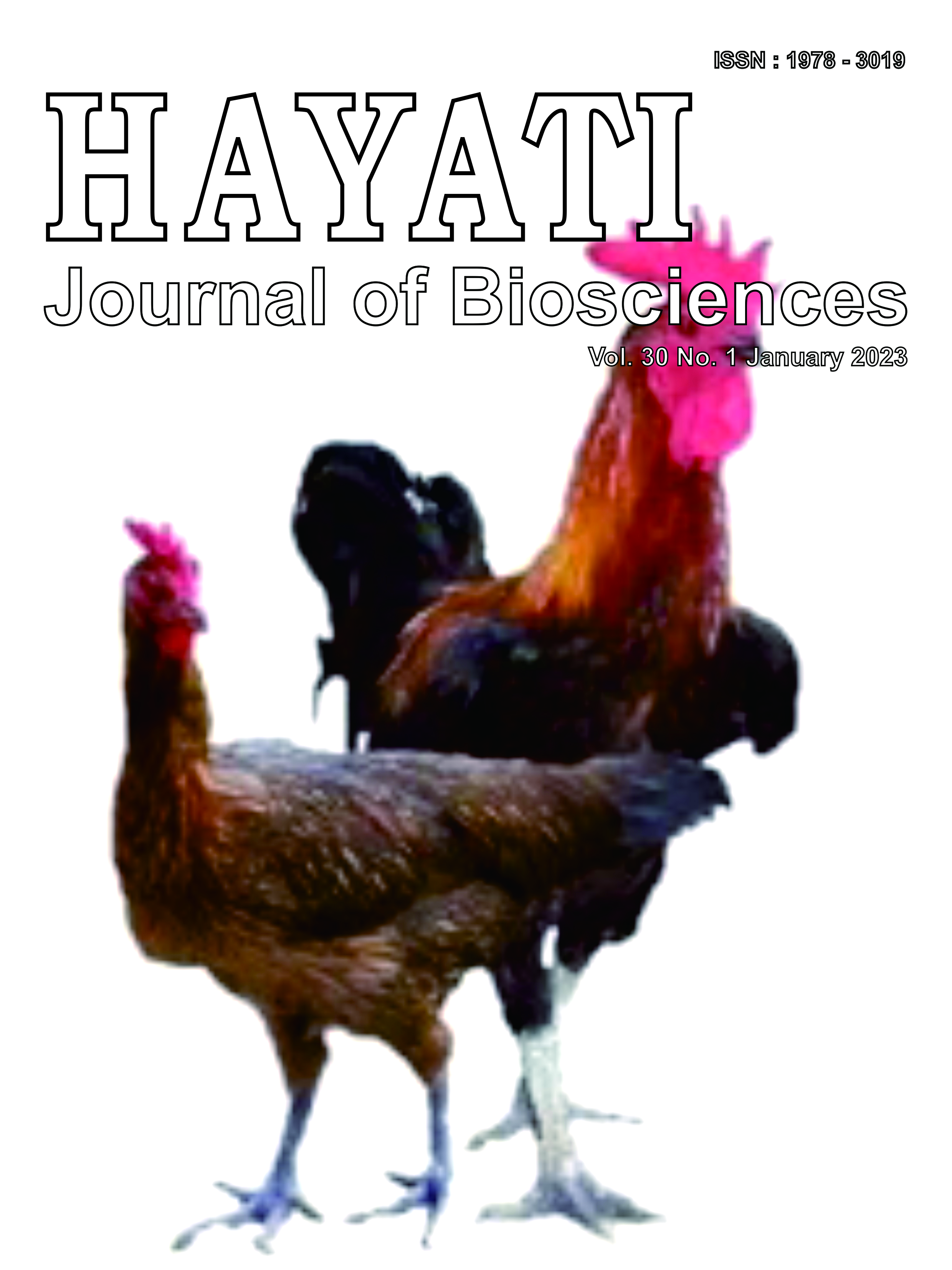Correlation between Stress and Eating Behaviour in College Students: A Longitudinal Study
Abstract
Stress is a process that involves the perception of and response to pressure and is often related to eating behaviour. For college students, academic stress could be one factor that affects eating behaviour. So far, no longitudinal study has directly compared the same respondents’ stress levels and eating behaviours in different years of study. Thus, this study aimed to examine changes in stress levels and eating behaviour during college students’ third and final years and determine the correlation between stress levels and eating behaviour. We asked 89 undergraduate students (27 males and 62 females) to complete a questionnaire on their stress levels using the Perceived Stress Scale (PSS-10) and their eating behaviour. Our results showed that students had significantly higher stress levels during the final year than in their third year. Our results also showed that during the student’s final year, there was a significant increase in eating when feeling stressed, overeating, eating fast food, and skipping meals compared to their third year. There was also a significant decrease in healthy food consumption during the final year compared to the third year. During the third year of study, stress levels were increased by academic workload pressure; meanwhile, during the final year of study, they were affected by sex and undergraduate thesis pressure. These results indicate that differences in academic pressure in different years of study can influence stress levels and eating behaviour in college students.
Downloads
Copyright (c) 2023 Nabila Dhiya Ulhaq, Dela Putri Amalia, Kania Dewi Rafa, Iffi Rizkiya, Yuniarti Dwi Astuti, Farika Febriyanti, Syafaatun Alrahmah, Kanthi Arum Widayati

This work is licensed under a Creative Commons Attribution-NonCommercial 4.0 International License.
HAYATI J Biosci is an open access journal and the article's license is CC-BY-NC. This license lets others distribute, remix, tweak, and build upon author's work, as long as they credit the original creation. Authors retain copyright and grant the journal/publisher non exclusive publishing rights with the work simultaneously licensed under a https://creativecommons.org/


















.png) IPB University
IPB University Department of Biology
Department of Biology The Indonesian Biological Society
The Indonesian Biological Society 

